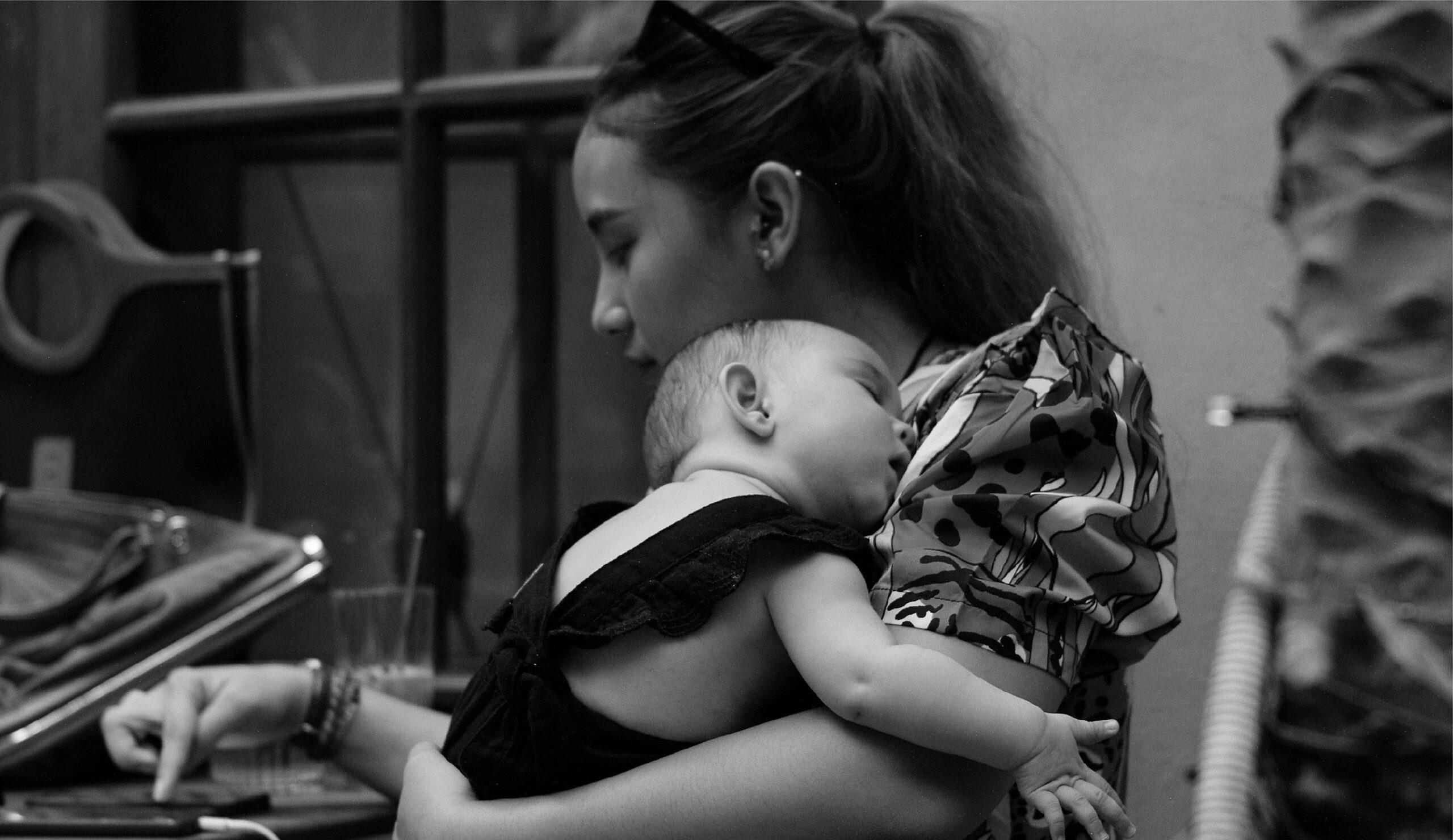Child custody is often one of the most emotionally charged aspects of divorce proceedings, as parents grapple with concerns about their children’s well-being and future. Understanding the ins and outs is crucial for parents navigating divorce or separation. At The California Divorce, we recognize the importance of clarity and support in child custody matters, which is why we’ve compiled answers to the top 5 questions parents commonly ask.
1. What is child custody?
It refers to the legal and physical responsibility for a child’s care, well-being, and upbringing. It involves making decisions about the child’s education, healthcare, and overall welfare. Child custody arrangements typically outline where the child will live and how decisions regarding their upbringing will be made.
2. What are the different types of child custody?
In California, it can be divided into two main types: legal custody and physical custody. Legal custody grants a parent the right to make decisions about the child’s upbringing, including education, healthcare, and religious upbringing. Physical custody refers to where the child will reside and the time spent with each parent.
3. How is child custody determined?
Arrangements are determined based on the best interests of the child. Factors considered by the court may include the child’s age, health, and emotional needs, as well as the parents’ ability to provide a stable and nurturing environment. Courts may also consider the child’s relationship with each parent and any history of domestic violence or substance abuse.
4. Can child custody arrangements be modified?
Yes, arrangements can be modified if there has been a significant change in circumstances that warrants a modification. Common reasons for modification may include changes in the child’s needs, parental relocation, or changes in the parents’ ability to care for the child. However, modifications must still be in the best interests of the child.
5. How can parents work together to create a custody arrangement?
Collaborative co-parenting is often the best approach to creating a custody arrangement that meets the needs of both parents and the child. Parents can work together to develop a parenting plan that outlines custody schedules, decision-making responsibilities, and methods for resolving disputes. Mediation or collaborative divorce processes can also help parents reach mutually agreeable custody arrangements outside of court.

Navigating child custody can be complex, but with the right guidance and support, parents can develop custody arrangements that prioritize their child’s well-being and stability. Contact us today to learn more about child custody and how we can help you navigate this critical aspect of divorce with compassion and expertise.

